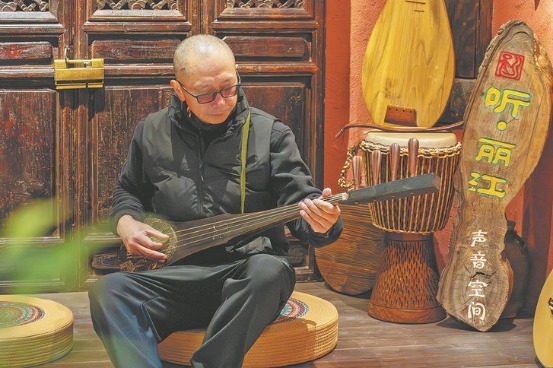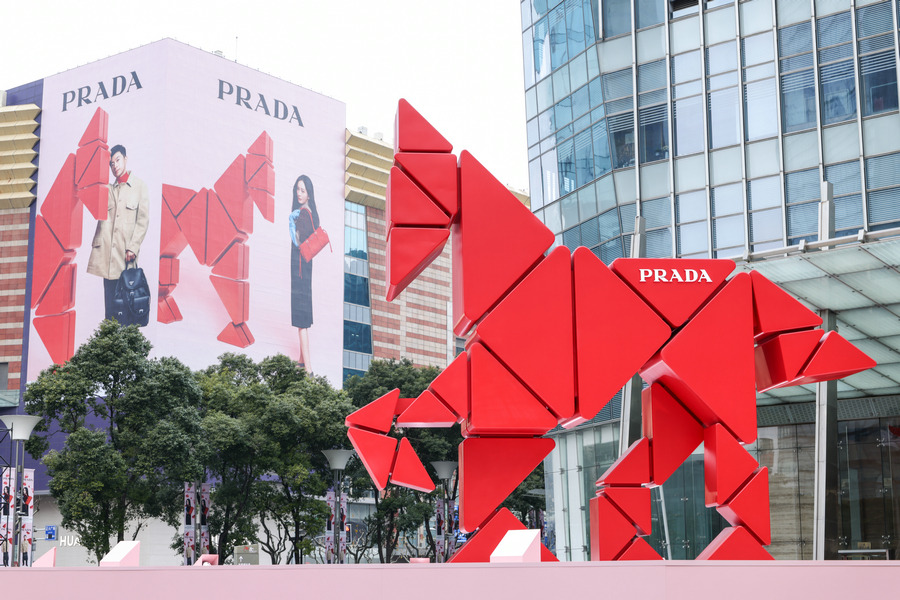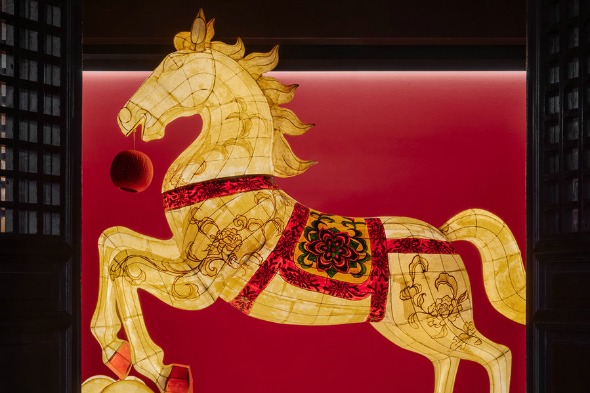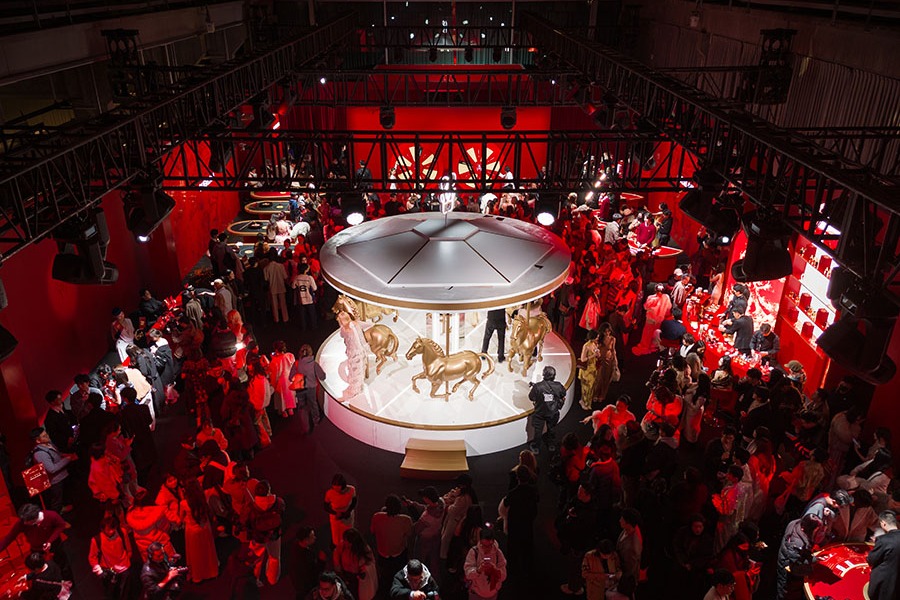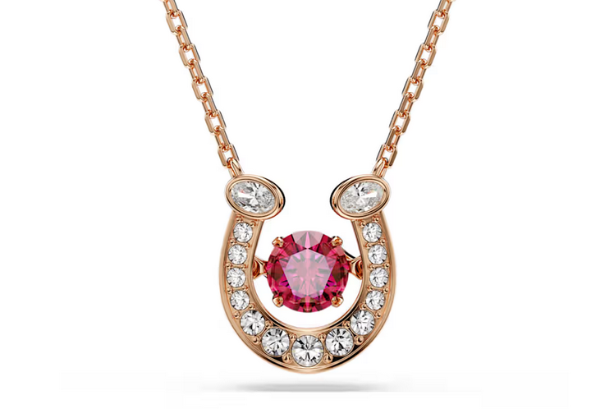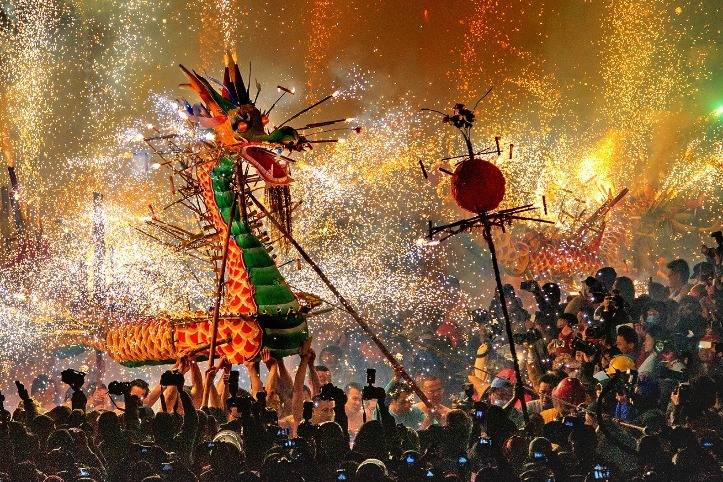Where innovation meets inclusivity


Gender milestone
The Olympics' dedication to inclusivity is also evident in its efforts to promote gender equality. For example, this year's marathon course pays tribute to the Woman's March on Versailles in 1789, a significant moment during the French Revolution. Additionally, male athletes are competing in artistic swimming teams for the first time in Olympic history. Moreover, the Paris Games represent a milestone by featuring an equal number of male and female athletes.
"This resonates with those of us who compete in rowing," said St. Denis, herself a devoted rower.
She noted that it wasn't until 1976 that women were allowed to participate in rowing at the Olympics, marking a long struggle for gender equality in the sport.
Despite the progress, St. Denis stressed that female athletes still lack the deserved attention, facing unequal pay and media coverage compared to their male counterparts.
"So I'm very proud of the Paris Olympics, the fact that they have striven to ensure that women get the same opportunities," she said. "I know just how hardworking we are, and that we can do it just as well, if not better, than men can when it comes to our athletics."
Wang believes the essence of the Olympics is captured in the concept of "together". He views the Olympics as a platform that demonstrates how athletes from diverse sports, cultural backgrounds, and nations can unite on a global stage to showcase their talents and personal qualities.
"The Olympics has a philosophy of setting a role model for the world to see how we can work together better and, ultimately, create a shared future for humanity," said Wang.


















